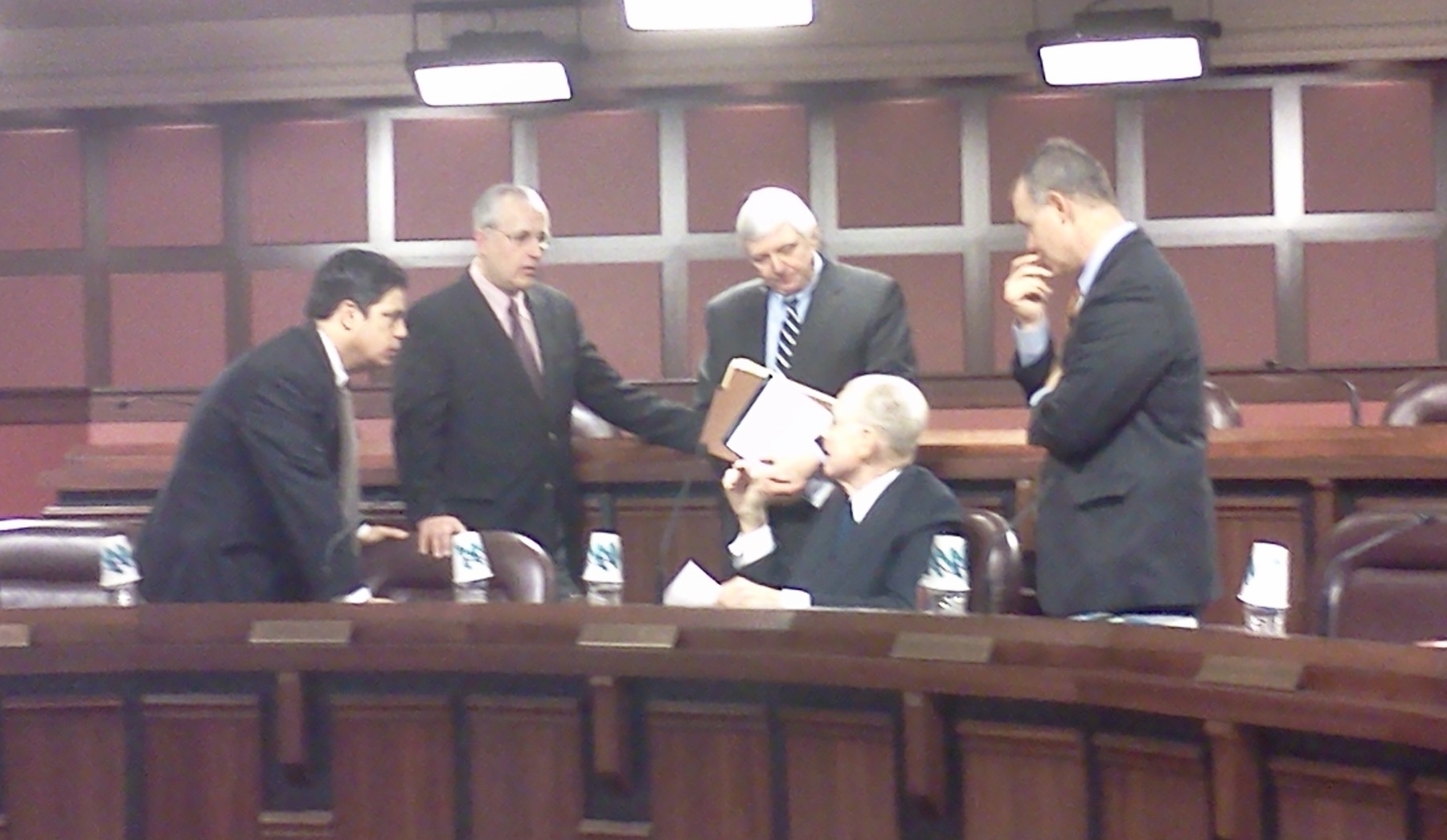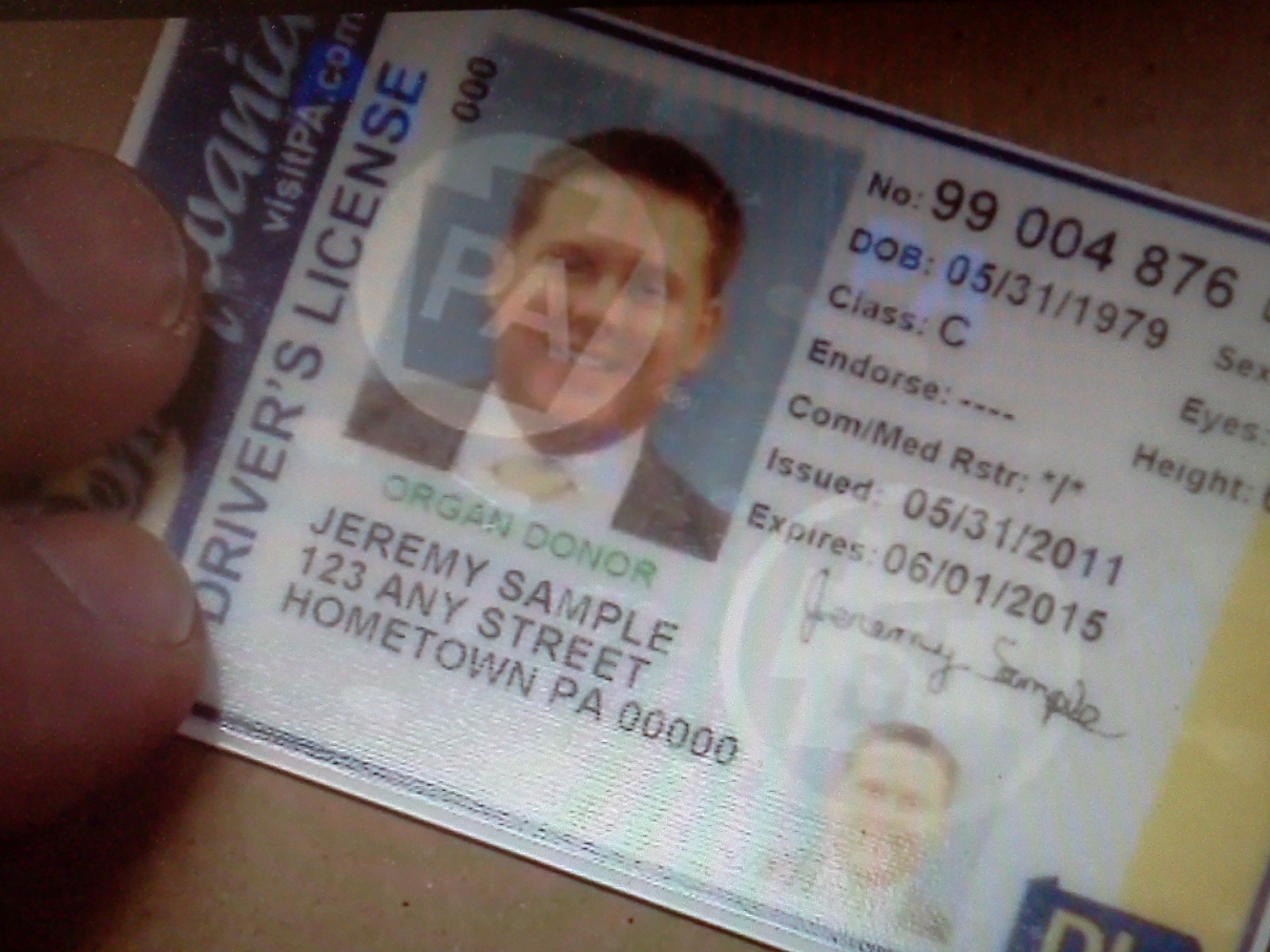Legislative Reapportionment Commission Okays Preliminary Plan… Again
Pennsylvania’s latest set of redistricting maps is now available for public comment. The redrawn House and Senate maps put more emphasis on reducing municipal splits, and less emphasis on population deviation, per the direction of the state Supreme Court. The high court threw out the Legislative Reapportionment Commission’s first attempt early this year.
The House maps reduce the number of municipal splits from 108 to 68, according to GOP Leader Mike Turzai (R-Allegheny). “Population deviation however – in particular reason to reduce splits – did increase from 5.97% to 7.76%.”
Rep. Turzai notes that five House seats were moved based on the new population data, but he says it was to nobody’s partisan advantage.
The court-appointed chairman of the five-member panel made waves when he insisted on a change in the proposed Senate map. Population shifts dictate that a Senate seat be moved from western PA to the northeast. Senate Republican Leader Dominic Pileggi (R-Delaware) contends the data dictates that Democrat Jim Brewster’s seat be moved, but he acquiesced to Chairman Stephen McEwen who wanted to move Republican Jane Orie’s seat instead. Orie was recently convicted on public corruption charges, which means her seat is vacant.
The Commission voted 4 – 1 in favor of the preliminary maps, with Senate Democratic Leader Jay Costa (D-Allegheny) casting the lone dissenting vote. House Democratic Leader Frank Dermody (D-Allegheny) stressed that this is not the end of the redistricting process. “I am hopeful and confident that, as we listen and consider public comments, more will get done to improve the final plan,” Dermody said at Thursday’s meeting.
A public hearing is set for May 2nd.











